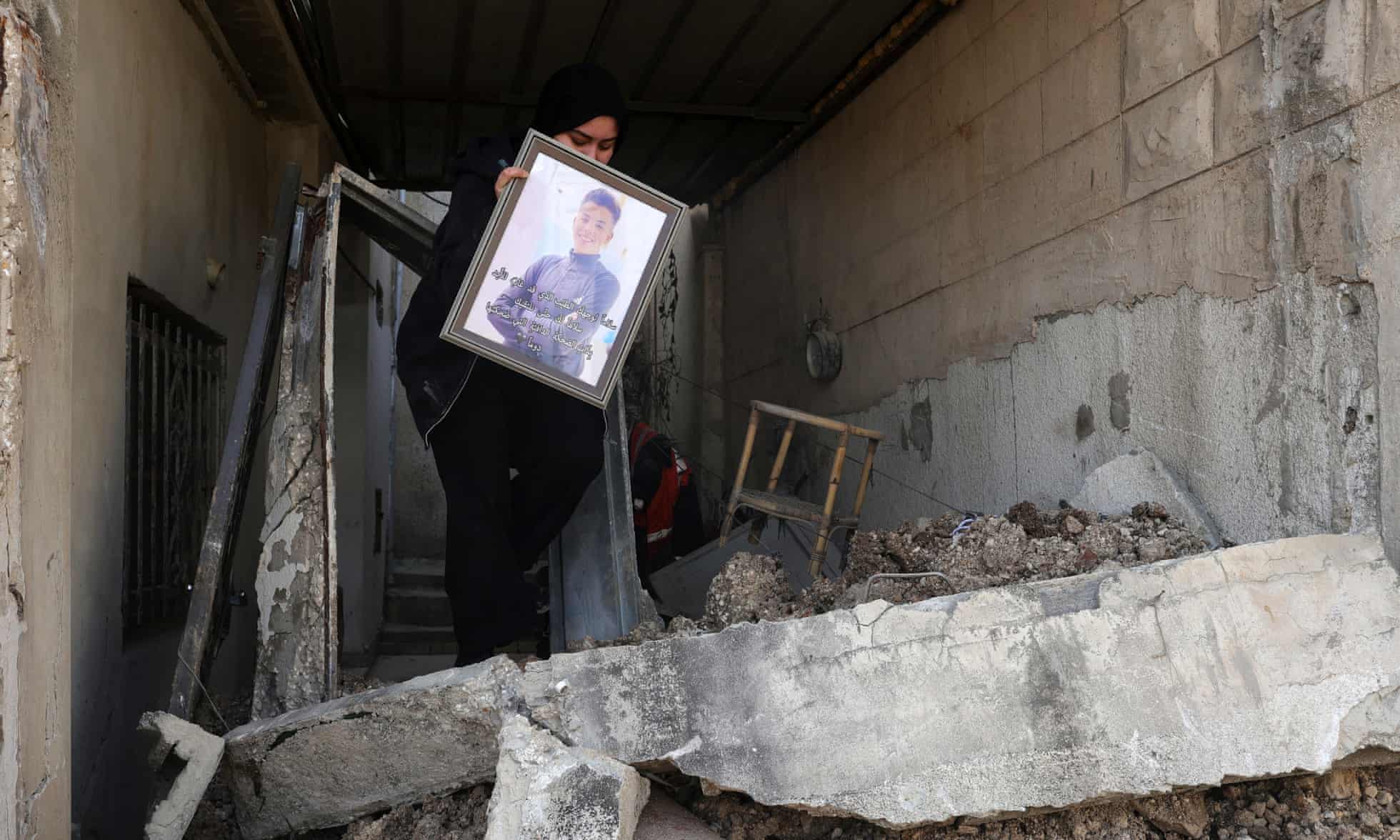On Monday, August 6, 1945, after six months of intense firebombing of 67 other Japanese cities, the United States dropped a nuclear weapon nicknamed "Little Boy" on the city of Hiroshima , Japan. This attack was followed on August 9 by the detonation of the "Fat Man" nuclear bomb over the Japanese city of Nagasaki. To date, these are the only attacks with nuclear weapons in the history of warfare.
In Remembrance of Hiroshima and Nagasaki
When the bombs were dropped I was very happy. The war would be over now, they said, and I was very happy. The boys would be coming home very soon they said, and I was very happy. We showed ‘em, they said, and I was very happy. They told us that the cities of Hiroshima and Nagasaki had been destroyed, and I was very happy. But in August of 1945 I was only ten years old, and I was very, very happy.
The crew of the B-29 was so young and heroic, and in the photo they also looked very happy. For some reason, I clearly remember the name of the pilot, Paul Tibbets. Of course I remember the name of the plane, the Enola Gay. And oh yes, I remember the name of the bomb. It was called Little Boy. That made me smile.
I was so proud to be an American that day because we had done something so remarkable. They said we were the first. We were Americans. We were powerful. But they didn’t say that Little Boy had killed 66,000 people with its huge fireball that fateful day in August. They didn’t say that Hiroshima was not a military target, but a city filled with men and women and children and animals who had no idea they were about to die so horribly. When you’re ten, they don’t always tell you everything.





 Amid the immense confusion surrounding the US strikes on Venezuela, the seizure of the president, Nicolás...
Amid the immense confusion surrounding the US strikes on Venezuela, the seizure of the president, Nicolás... On Monday, August 6, 1945, after six months of intense firebombing of 67 other Japanese cities,...
On Monday, August 6, 1945, after six months of intense firebombing of 67 other Japanese cities,... Later this month, on the holiday of Purim, Jewish people will dress in silly costumes, eat...
Later this month, on the holiday of Purim, Jewish people will dress in silly costumes, eat...






























